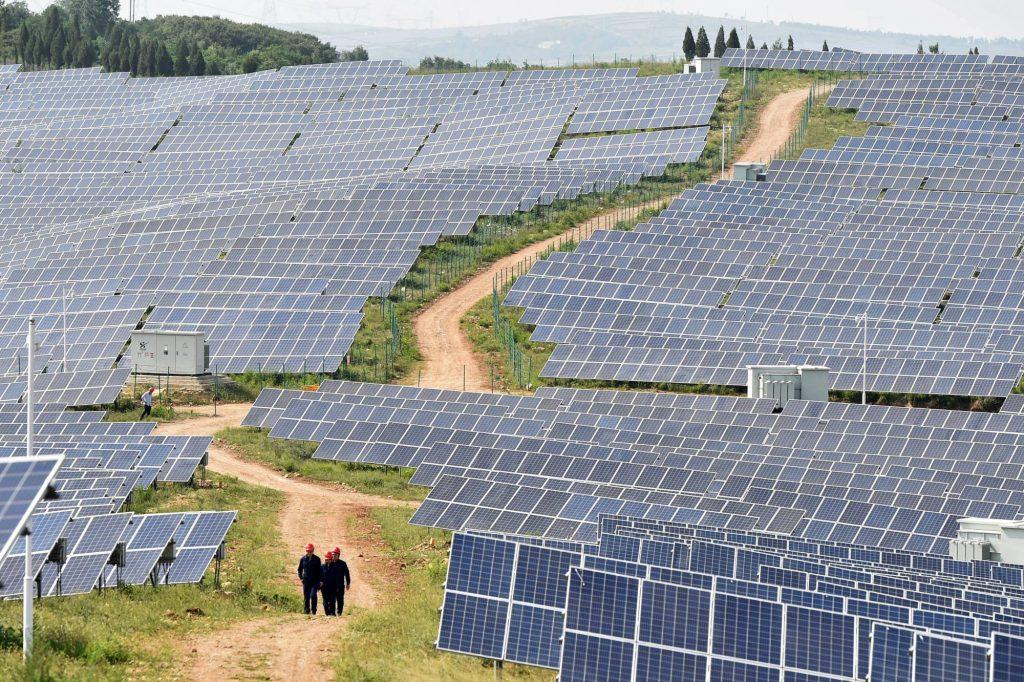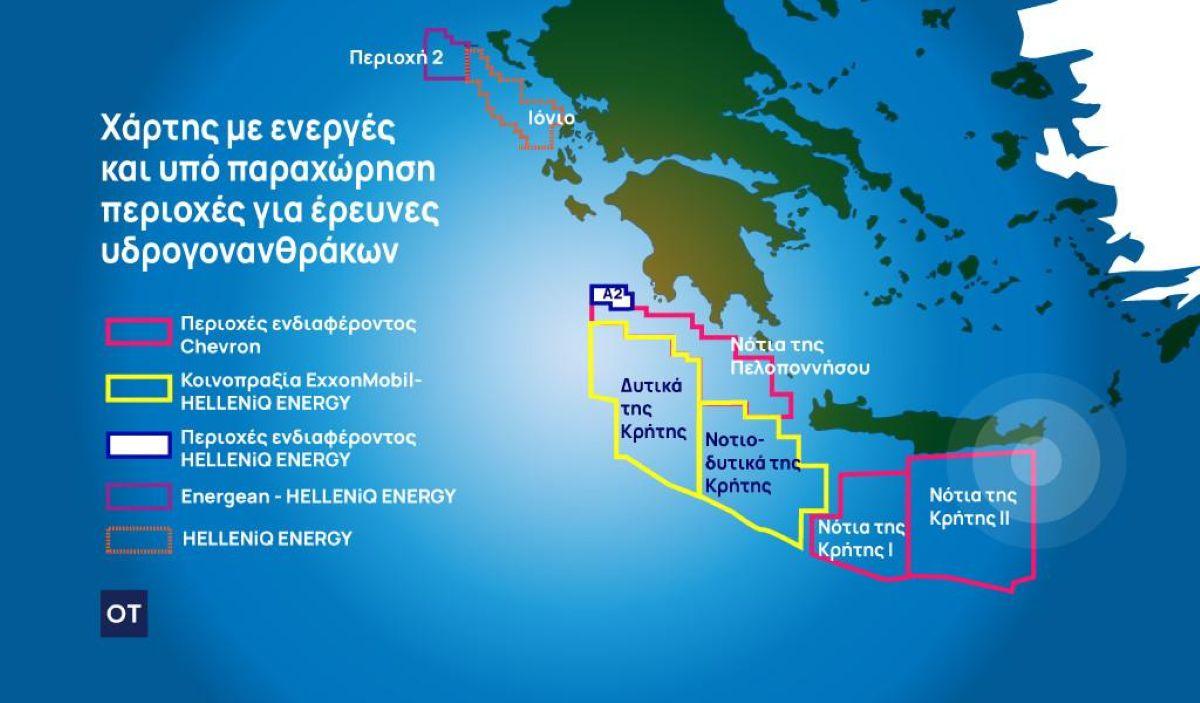Crucial decisions for the course of the banking system must be taken immediately by the new economic staff of the government, with the aim of accelerating its course towards full normality, after a more than ten-year crisis.
The progress made in the industry has been significant in recent years, but there are still significant backlogs that need to be addressed.
The main challenges concern the restructuring of the system, through the re-privatization of the systemic groups and the ongoing reorganization in the field of smaller credit institutions, as well as the management of private debt.
As bank sources point out, the election result that paves the way for the rapid return of the country to the investment category, will facilitate the implementation of the government plan.
In this context, they expect rapid movements on the following fronts in the coming period:
1. Disinvestment of the Hellenic Financial Stability Fund-HFSF
The process got stuck in the previous months, despite the interest of foreign funds in shares of the largest Greek banks owned by the HFSF, due to the political uncertainty.
After the clear victory of New Democracy in last Sunday’s elections, market circles estimate that the developments will accelerate.
The start is expected to take place with the repurchase of 1.4% of Eurobank’s shares, for which the supervisor’s approval has already been secured. The transaction is expected to be completed in early autumn.
On the other hand, the market is expecting with particular interest the actions of the HFSF management regarding the largest share packages it owns in Alpha Bank (9%), National Bank (40%) and Piraeus Bank (27%), as well as the proposals which will receive from large investment schemes.
The minimization of the political risk, combined with the looming, within the year, recapture of the investment grade and the prospect of achieving high profitability by the banks in the two years 2023 – 2024, is estimated to be reflected in the offers that will be submitted to the Fund.
2. Heracles 3
After the end of the two successful rounds of the Heracles government guarantee program, through which banks securitized non-performing exposures of around 50 billion euros, the government will probably proceed to activate a third round of support.
The aim is to carry out transactions from the four systemic groups, which for one reason or another were not completed in previous years, but also to liquidate the loan portfolios in the smaller banks.
It is recalled that the creation of the fifth pole in the domestic system has already begun through the merger of Attica Bank and Pankritia Bank, whose arrears ratios currently exceed 60%.
The activation of “Hercules 3” will accelerate the consolidation of their balance sheets, laying the groundwork for the completion of the proposed merger, which will contribute decisively to the strengthening of competition in the sector.
3. Private debt management
However, in addition to improving the quality of the banks’ assets, moves are also expected for the more efficient management of private debt that is off their balance sheets and currently exceeds 70 billion euros.
In this direction, new changes to the out-of-court debt settlement mechanism are expected to be locked in the next period, with the aim of producing more sustainable arrangements.
At the same time, the government will be asked to take decisions on the new agency for the acquisition and re-letting of homes for vulnerable households, which will be the only tool to protect the right to housing for borrowers who cannot service their debts.
The completion of the tender to select the private investor who will finance the venture has been significantly delayed and no one in the market can say with certainty whether an agreement will eventually be reached.
In this context, it is possible to consider the solution of setting up a public body, as in Cyprus. In this case, however, the consent of the EU will be required.









![Βούτυρο: Τι δείχνει το χρηματιστήριο τιμών – Γιατί παίρνουν… φωτιά τα κρουασάν [γραφήματα]](https://www.ot.gr/wp-content/uploads/2025/07/kroyasan-1024x683-1-300x300.jpg)





![Δασμοί: Οι εμπορικές συνομιλίες ΕΕ-ΗΠΑ για τους δασμούς στα αυτοκίνητα [γραφήματα]](https://www.ot.gr/wp-content/uploads/2025/07/tofas.jpg)

![Τεχνητή νοημοσύνη: Η ζήτηση ενέργειας αυξάνει τις εκπομπές CO2 [γράφημα]](https://www.ot.gr/wp-content/uploads/2025/02/data-center.jpg)
![Χρυσές λίρες: Πουλάνε μαζικά οι Έλληνες το εξάμηνο του 2025 [γράφημα]](https://www.ot.gr/wp-content/uploads/2025/07/photo_2025-07-04_13-01-06.jpg)











![Βούτυρο: Τι δείχνει το χρηματιστήριο τιμών – Γιατί παίρνουν… φωτιά τα κρουασάν [γραφήματα]](https://www.ot.gr/wp-content/uploads/2025/07/kroyasan-1024x683-1.jpg)


![Εκατομμυριούχοι: Η μεγαλύτερη μετακίνηση πλούτου στην ιστορία το 2025 [γράφημα]](https://www.ot.gr/wp-content/uploads/2024/04/money-2048x1366-1.jpeg)

![Τραμπ: Διοργανώνει σύνοδο κορυφής ΗΠΑ και πέντε αφρικανικών χωρών [γράφημα]](https://www.ot.gr/wp-content/uploads/2025/06/trump-maga-scaled.jpg)




